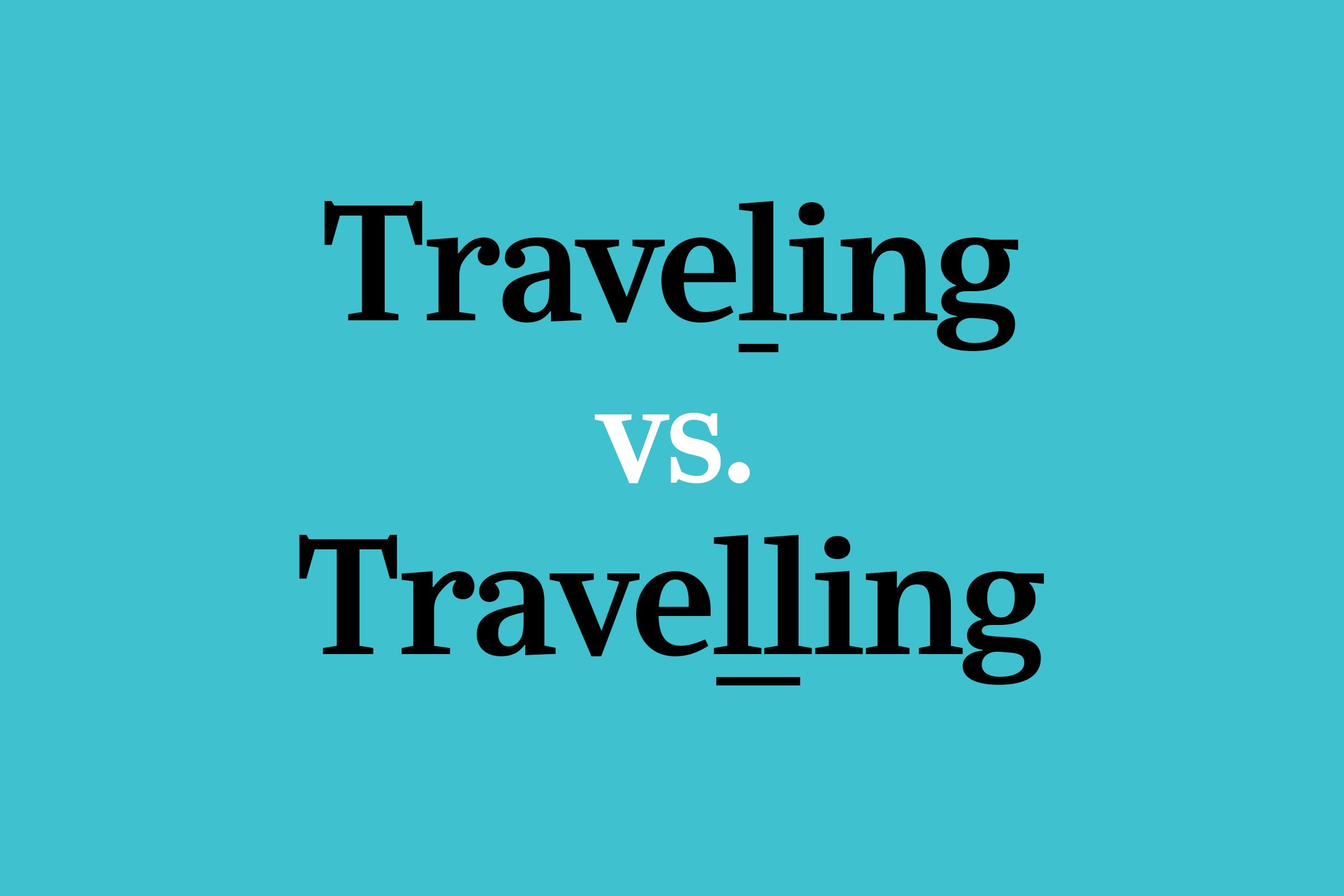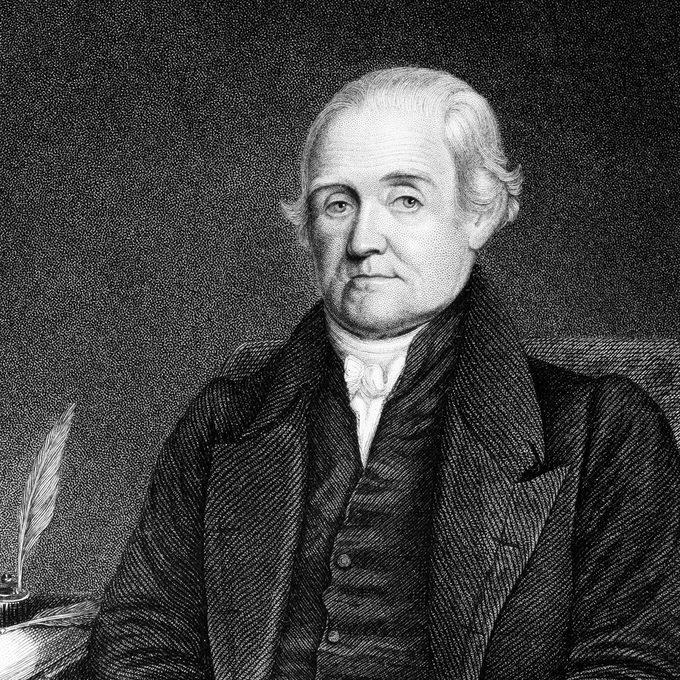Writing that out-of-office email and trying to decide whether to use traveling or travelling? The answer hinges on your locale.

Traveling or Travelling: Which Is Correct?

One of the tasks everyone has to tackle before leaving for vacation is writing an out-of-office email. Whether yours is all business or creative and funny, you’ll want to take care to avoid typos and spelling errors that will make you look bad to colleagues, clients and bosses. Luckily, we have the answer to your burning question: Should you use traveling or travelling in your message?
Like many spelling questions, the answer depends on where you live. Read on to find out which is correct in your neck of the woods and why two spellings exist in the first place.
Get Reader’s Digest’s Read Up newsletter for more grammar, humor, travel, tech and fun facts all week long.
When to use traveling

The single-l versions of traveled and traveling are the more popular spellings in America. This is likely thanks, in part, to Noah Webster, the man behind Merriam-Webster dictionary. When faced with multiple spellings, the linguist generally preferred the shorter versions of words, and that’s what he referenced in his dictionaries.
Webster’s version grew in popularity in America, but not so much in Britain. And Canada and Australia generally follow British English rules, so they also follow the double-l spellings.
When to use travelling
Travelling is just one example of the many words that Brits spell differently from Americans. In British spelling, when a verb ends in a vowel followed by an l (like travel) and it gains an ending that begins with a vowel (such as ed, ing or er) the l gets doubled, according to Oxford International Education Group.
That’s not the case in America. For example, the term fuel becomes fueling in American English but fuelling in British English. The words still have the same meaning, just a different variation on the spelling, depending on where you’re from. It’s tricky, but not as complicated as whole words that mean very different things in England and America.
So which should you use: travelled or traveled?
Traveled and travelled mean the same thing, just as traveling and travelling do. Neither is “correct,” strictly speaking. It all depends on where you live.
The correct American English spellings are traveled and traveling, while the correct British English spellings are travelled and travelling.
What are other similar words with regional variants?
Travel isn’t the only tricky word! This pattern extends to other verbs:
- Cancel: canceled (U.S.) vs. cancelled (U.K.)
- Label: labeled (U.S.) vs. labelled (U.K.)
- Model: modeled (U.S.) vs. modelled (U.K.)
Tips for remembering the difference
To navigate these spelling nuances, keep this advice in mind:
- Differentiate between professional and personal writing: Writing professionally (say, for a publication) requires regional consistency and knowledge of your audience. You may write traveling for personal use (like in texts or emails), but if you’re writing professionally for a British audience, you’ll want to use spellings that your reader will recognize and expect.
- Consult style guides: Resources like the Oxford English Dictionary (U.K.) or Merriam-Webster Dictionary (U.S.) provide authoritative guidance.
- Use spell-check tools: Set your word processor to the appropriate language setting to catch inconsistencies.
In today’s connected world, knowing these spelling differences just helps you communicate more clearly and professionally. Got it? Good. Now here’s the Reader’s Digest version on the real meaning of those confusing British phrases.
Why trust us
At Reader’s Digest, we’re committed to producing high-quality content by writers with expertise and experience in their field in consultation with relevant, qualified experts. We rely on reputable primary sources, including government and professional organizations and academic institutions as well as our writers’ personal experiences where appropriate. We verify all facts and data, back them with credible sourcing and revisit them over time to ensure they remain accurate and up to date. Read more about our team, our contributors and our editorial policies.
Sources:
- Merriam-Webster: “Is it ‘traveling’ or ‘travelling’?”
- Oxford International English: “The differences between British and American English Spelling”
- How to Spell: “The double L spelling rule”
- Scribbr: “Travelling or Traveling | Difference & Example Sentences”






















